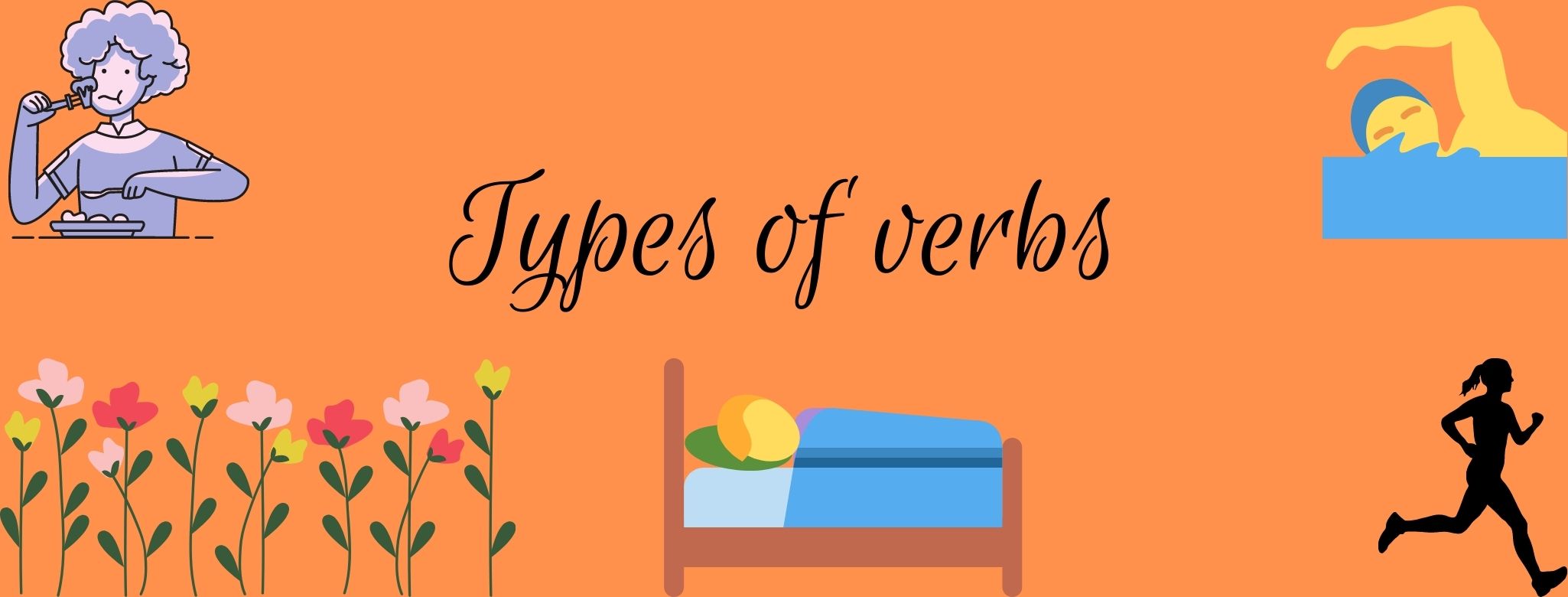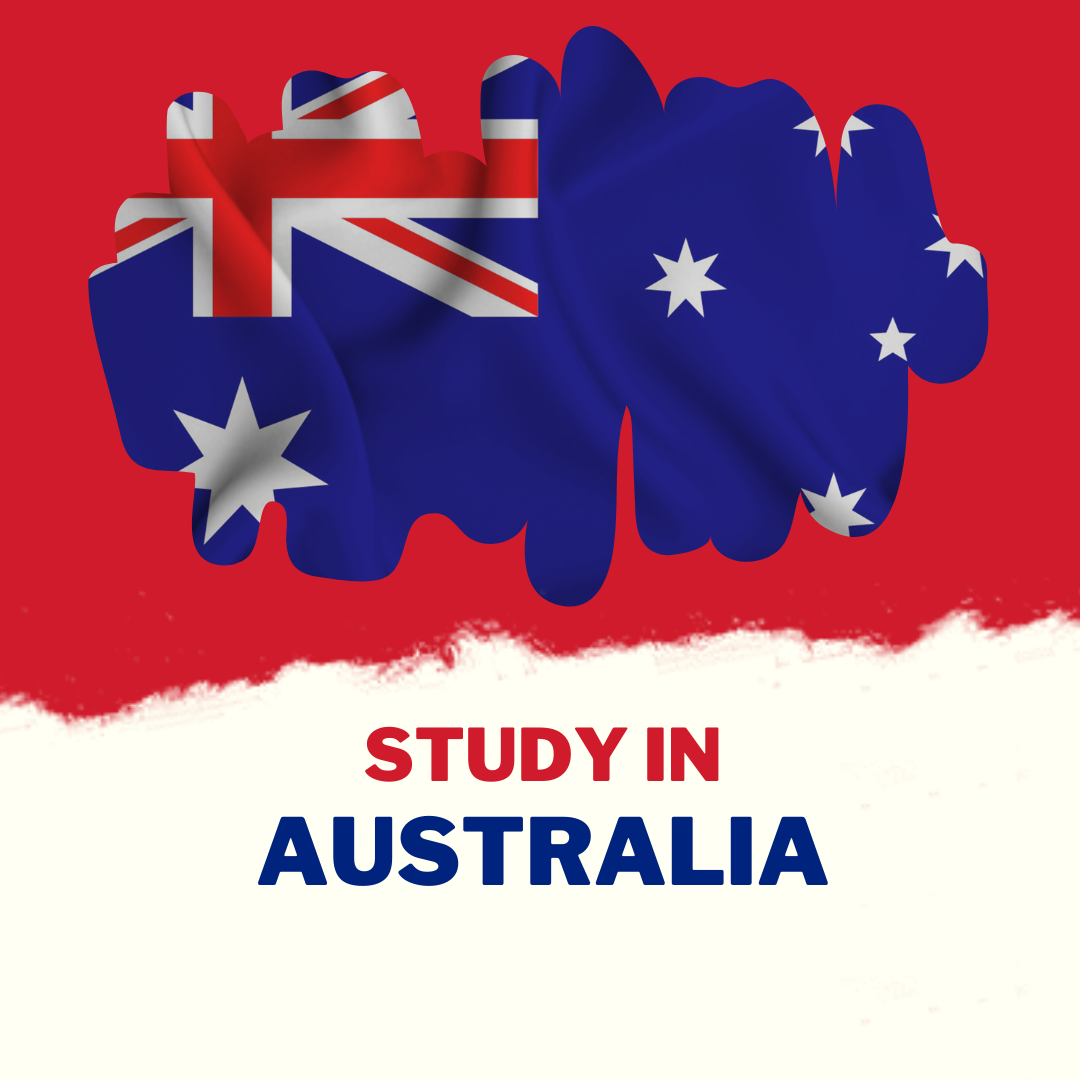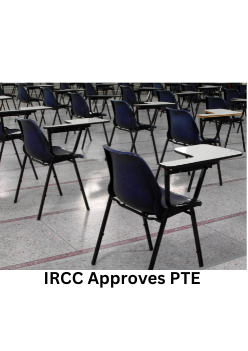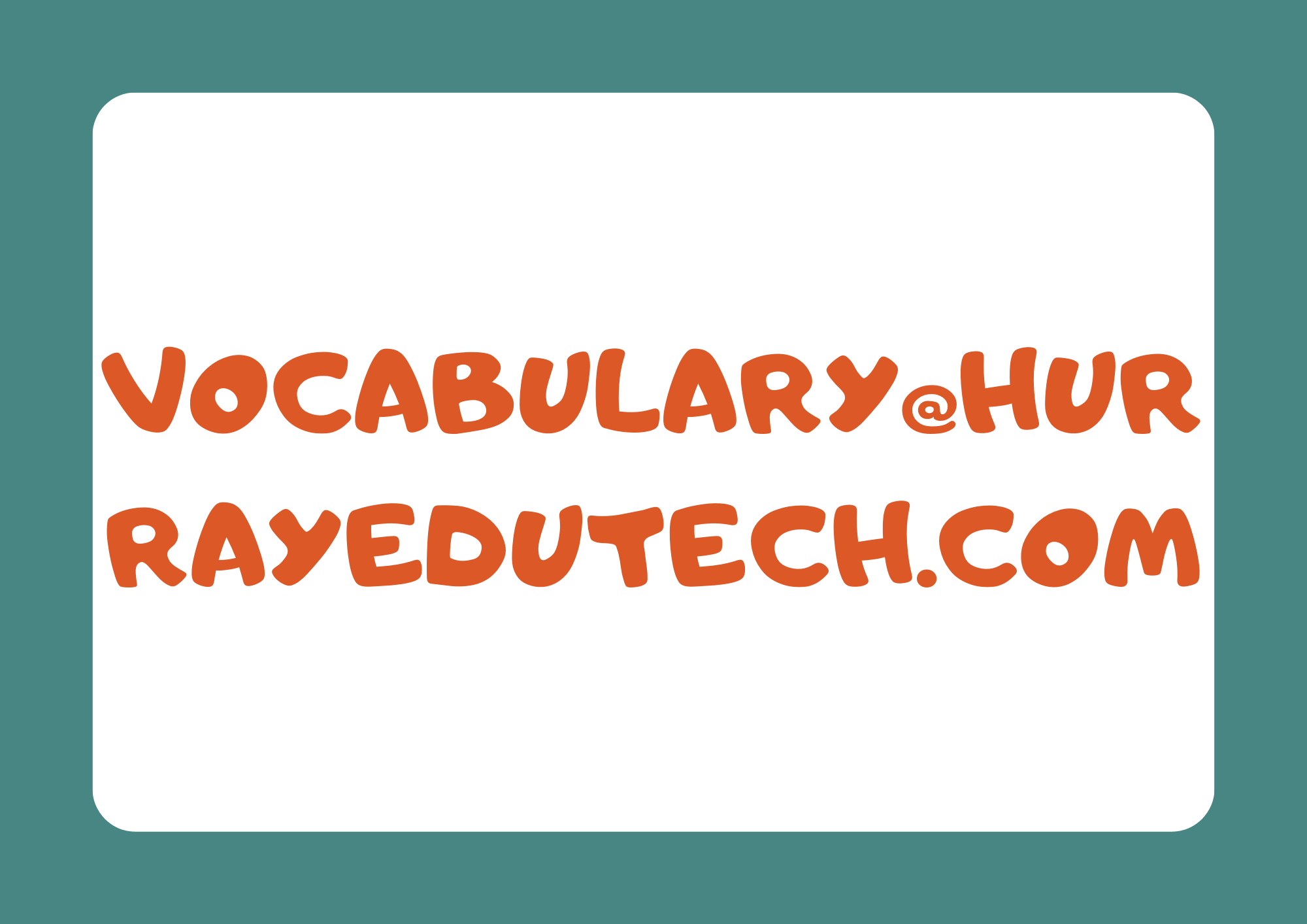It’s a fact – English as a language is a necessity. Regardless of the field you are working in, whether you wish to go abroad or make your way here in India, having mastery over English will always hold you in good stead. And with Hurray, you can achieve this mastery!
With 10 years of experience in English language training, hundreds of our students now thriving around the world, and a well-developed strategy to help you perfect your English – you can bet on us!
We’ve launched a series of blog posts, wherein we take up one component of language at a time, and go deeper into its forms and functions. In this one, we will tackle one of the fundamentals – verbs!
Before you go on, you might also want to check out what we’ve already covered, in case you missed them – including Adjectives (link here), Articles , Prepositions, Collocations, and Clauses among others!
Verbs: Starting with the Basics
Verbs, put simply, are words that denote performance. They are used to denote various kinds of actions that may be performed – by a subject, in relation to an object and so on.
It is a fundamental component of language – if you check out our blog post on Sentence Formation (link here), you’ll see that every sentence must contain a verb of some kind.
Verbs can be used in 2 ways:
- in their infinitive form i.e. ‘to be’, ‘to do’, ‘to love’, ‘to throw’ etc.
- or in tense variations of past, present and future – you will learn more about these in our coming blogs!
Types of Verbs
There are hundreds of verbs, which may broadly be subdivided into three categories: action, linking and helping verbs.
These verbs are classified as per the function they play within a sentence, with certain verbs sometimes playing varying functions depending on how it is used.
1.Action verbs
Action verbs the broadest category of verbs – most verbs fall into this classification. Put simply, an action verb denotes some kind of action.
Action verbs are further sub-divided into:
- Transitive verbs
- These are the verbs that will always have a noun/pronoun to receive the action – this is called the direct object.
Example:
|
Subject |
Action Verb |
Direct object |
|
I |
threw |
the ball. |
|
The man |
fell |
into a pit. |
|
Naina |
read |
‘Pride and Prejudice’. |
P.S. the direct object may be preceded by an article if it is a common noun. Also remember, a sentence will often contain adjectives, adverbs and prepositions, which are governed by their own rules.
- In several cases, the sentence will also have an indirect object – this is the noun/pronoun which is not receiving the action, but is also affected by it.
Example:
I kept the book on the table.
Direct object: the ‘book’ which is receiving the action ‘to keep’.
Indirect object: the ‘table’ which is being affected by the ‘keeping of the book’.
- The indirect object may come either before or after the direct object.
Some more examples:
|
Subject |
Action Verb |
Indirect object |
Direct object |
Indirect object |
|
I |
gave |
him |
the ball. |
- |
|
Naina |
took |
- |
the book |
to the library. |
|
She |
flung |
- |
the vase |
at the wall. |
- Intransitive verbs
These are verbs that denote an action, without a direct or indirect object.
Examples:
|
Subject |
Action Verb |
|
Rahul |
left hurriedly. |
|
The old woman |
died. |
|
I |
sat down, quietly. |
In each case there is no additional noun/pronoun which is being affected by the action performed.
Pro Tip:
If you’re trying to figure out whether a verb is transitive or intransitive, ask yourself the question – “the action to/on what?”
Examples
He dropped the stool. à “He dropped what?” à “The stool.” à thus, transitive.
The stool sat there all day. à “The stool sat on what?” à “Nothing.” (‘there’ is a not a noun/pronoun, but a preposition) à thus, intransitive.
- Linking verbs
These are the verbs that connect or link the subject-noun to a noun or adjective which modifies the subject. The modifying word here is called the ‘subject-complement’.
Example:
The professor seemed happy with my work.
Subject: the professor
Verb: to seem
Subject-complement: happy (with my work).
Here the verb ‘to seem’ links the adjective ‘happy’ to the subject-noun i.e. ‘the professor’.
The remainder of the sentence ‘with my work’ further modifies the adjective ‘happy’ – it does not affect the verb, thus it is not an object.
Some more examples:
|
Subject |
Linking Verb |
Subject-complement |
|
Nikita |
is |
a smart young woman. |
|
The balls |
were |
punctured. |
|
I |
became |
thrilled at the prospect of a holiday. |
|
She |
seems |
terribly distressed. |
|
John |
turned |
into a builder. |
What are the linking verbs?
- the verb ‘to be’ and its variants – am, is, are, was, were – are the most common linking verbs.
- the verbs ‘to become’ and ‘to seem’ will always function as linking verbs.
- besides these, there are certain verbs which can function as linking verbs – even though they can also function as action verbs, depending on the sentence.
|
Linking verb |
Action verb |
|
John turned into a builder. |
John turned the chair. |
|
The man appeared stunned. |
The man appeared out of nowhere. |
|
I remained sleepy for hours. |
There is some rice remaining in the fridge. |
|
This rose smells amazing. |
I can smell gas leaking. |
Other such verbs that function as linking verbs include to look, to prove, to sound, to taste, to grow, to continue etc.
Important: Let this serve as a reminder that the types of verbs are actually functions they play in a sentence. The same verb can have varying functions, and there is no fixed definition.
- Helping verbs
These are the verbs that ‘help’ the main verbs i.e. they denote certain aspects related to the main verb – such as possibility (can/could/may/might), probability (will), time (is/was), desire (want) etc.
They are typically used in front of the main verb i.e. either an action or linking verb. Together, the two verbs form the verb phrase.
We can identify three broad categories of verbs that function as helping verbs.
- The verbs which always function as helping verbs are called modal verbs:
|
can |
may |
must |
shall |
will |
could |
might |
ought to |
should |
would |
Examples:
|
Subject |
Modal verb |
Main verb |
|
I |
can |
do the work. |
|
He |
will |
arrive at 6 pm. |
|
You |
ought to |
give him a call. |
- The verbs ‘to be’, ‘to do’ and ‘to have’ very often function as helping verbs (though they can also function as action/linking verbs in other sentences).
Examples:
|
Subject |
Helping verb |
Main verb |
|
We |
did |
come on time. |
|
She |
is |
going away for a while. |
|
You |
have |
to try this delicious curry! |
- In addition, many other verbs can function as helping verbs when they are used in front of another verb.
|
Subject |
Helping verb |
Main verb |
|
I |
want |
to go to Australia. |
|
Noah |
needs |
to give the dog a bath. |
|
Carina |
loves |
eating raw mangoes. |
Can there be more than 2 verbs in a sentence?
Yes, there can be! In a sentence you can have 2 helping words, in addition to the main verb.
All-in-all however, there shouldn’t be more than three verbs in a row. More than these may end up being grammatically incorrect.
Examples:
|
Subject |
Helping verb 1 |
Helping verb 2 |
Main verb |
|
I |
would |
love |
to bake a cake for you. |
|
We |
need |
to be able |
to stay awake till 3 am. |
Put into PRACTICE
Learning the rules and functions of verbs will only take you half the way – armed with this know-how, you must put the verbs into practice.
Read plenty of books and other material, and write, write, write!
With practice, using verbs right will become second nature to you.
What next?
In an English training course, you would have the benefit of learning all these rules, clarifying all your doubts, and getting plenty of practice. If you feel that such a course is for you, look no further than Hurray! We have some of the best English trainers around, and can tailor our services to YOUR needs.
We provide training for IELTS, PTE, OET and Spoken English – and more significantly, we offer our services online!
Reach out to us at info@hurrayedutech.com 8971357938, to book your place today!











Post Comments